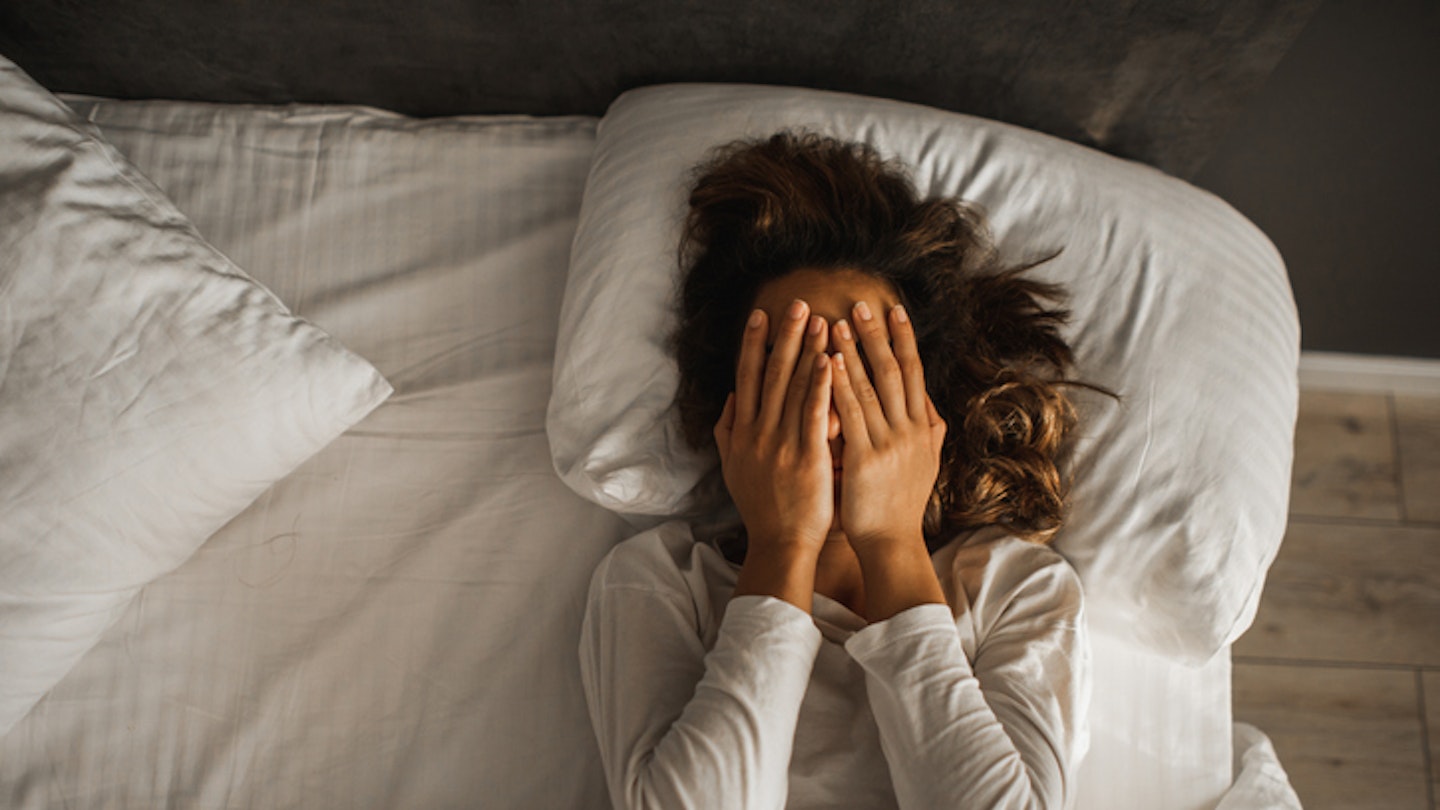Maintaining a consistent bedtime routine has long been known as a great way to get the best night’s sleep. But experts have discovered yet another reason to go to bed at a similar time each night.
According to research by King's College London, even as a 90-minute difference in time you go to sleep has the potential to influence the types of bacteria found in the gut and how healthy our digestive system is.
To research this, the study looked at the blood, sleeping patterns and stool samples of those with ‘social jetlag’: i.e those who are going to sleep and waking up at different times during the week compared to the weekend, and those who do not.
In order to have the best chances of fighting off a number of diseases, it’s crucial to have the right mix of different species of bacteria in your digestive system. The study discovered that out of the six ‘microbiota’ species that were found in the group classed as ‘social jetlagged’, three were connected to ‘poor diet quality, obesity and higher levels of inflammation and stroke risk’.
Social jetlag is thought to affect 40% of the UK population, according to the study, and affect younger people the most, getting less prevalent as we age. ‘[It] can encourage microbiota species which have unfavourable associations with your health,’ Kate Bermingham, author of the study and senior nutrition scientist at health science company Zoe, says.
Participants also recorded everything they ate in a food questionnaire. Those with social jetlag were more likely to eat a potato-heavy diet, including chips and crips, as well as less fruit and nuts and more sugary drinks.
So what can we do to combat or reduce our social jetlag and its impact? According to the experts, it’s all about trying our absolute best to go to bed and get up at the same time, no matter how hard it must be.
'Maintaining regular sleep patterns, so when we go to bed and when we wake each day, is an easily adjustable lifestyle behaviour we can all do, that may impact your health via your gut microbiome for the better,' Dr Sarah Berry, a nutrition researcher at King's College London, says.
